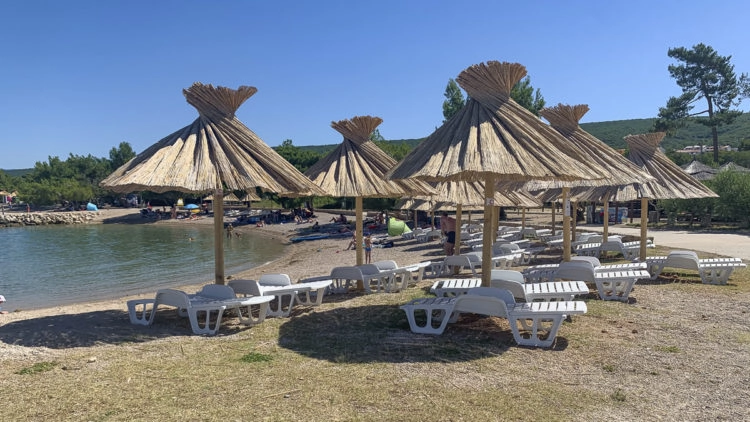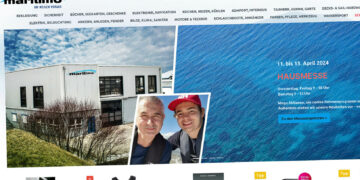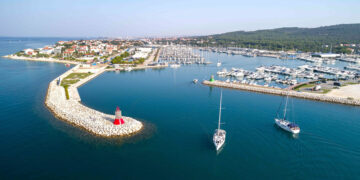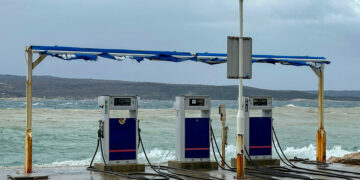When it comes to the issues of coronavirus and Croatia, the different media interpret the situation differently depending on the interests they serve. Some plead for holidays in Germany or Austria to support the local economy, others are driven by a longing for the sea on the Adriatic. The statistical data provide both camps with the ammunition to interpret them according to the desired mixture of interests.
Federal President Van der Bellen: Do not panic.
Austria’s Federal President Alexander Van der Bellen now intervened in this dispute, showing understanding for the burning interest in a holiday in Croatia despite the corona times.
At a meeting in Vienna with his counterparts from Croatia and Slovenia, he spoke from the soul of many Austrians and Germans. “It can happen to them in Tyrol, in Carinthia and in beautiful Salzburg, and we have no sea. In this respect I have full understanding for people who want to enjoy the sea. I know what it is, and I am a convinced Tyrolean. We should not allow ourselves to panic and crawl into our own four walls. Corona data in Croatia has been remarkably good throughout the crisis.” He also added, however, that we must react appropriately to new developments regarding the corona pandemic in Croatia.
Corona in Croatia: low mortality
To this end the Austrian head of state was joined by his Croatian counterpart Zoran Milanovic: “The fact is that the overall epidemiological picture and morbidity rate in Croatia is very low. Last year, the ventilators were used more when we had the flu.”
Only corona hotspots
The situation on the ground proves him right. If you look at the infection figures neutrally, you can see The term “pandemic” has long been misused in Germany, Austria and Croatia. Everywhere, it is individual corona hotspots that drive up the corona infection figures. However, this does not produce headlines if, for example, new infections in Slavonia rise again.
Coronavirus knows no boundaries
Anyone who uses common sense, or as the Austrian says, common sense, quickly comes to the conclusion that the danger of infection with the coronavirus lurks everywhere and knows no bounds. Only those who are reserved in public, observe rules of hygiene and avoid crowds of people to a large extent can minimise the risk of infection. No matter whether they are in Germany, Austria, Slovenia or Croatia. Even better: he withdraws immediately to a ship and spends the holiday with his family.
Neighbouring countries problematic
But sometimes you have to be tough to protect yourself. Croatia, for example, has now taken measures against its neighbouring states such as Serbia, Bosnia, Kosovo or Montenegro, has stricter controls at its borders and sometimes imposes a 14-day quarantine on people who are absolutely willing to enter the country, such as seasonal workers, which is also strictly controlled in order to protect tourism and thus its own economy.
No solution: holidays in your own country
The group of those who insist on holidays at home should consider what would happen if everyone stayed at home: Countries dependent on tourism, such as Croatia for example, would then be even more dependent on the EU and the money that would then have to flow would probably have been partly financed by everyone through their taxes.
More border controls on entry from Balkan countries
However, the general increase in numbers in the Balkans also has concrete consequences at the borders: it is already expected that because of Corona there will be much more intensive controls, especially at the Slovenian border crossings. Not in order to annoy Croatia’s neighbours, but to prevent entry from neighbouring countries that are much more affected by corona infection and want to pave their way to the rest of Europe via the transit route through Croatia.
More on Instagram
By the way: More up-to-date photos from the region, which provide an overview of SeaHelp activities as well as the current tourist situation on site, can also be found on our Instagram channel.













